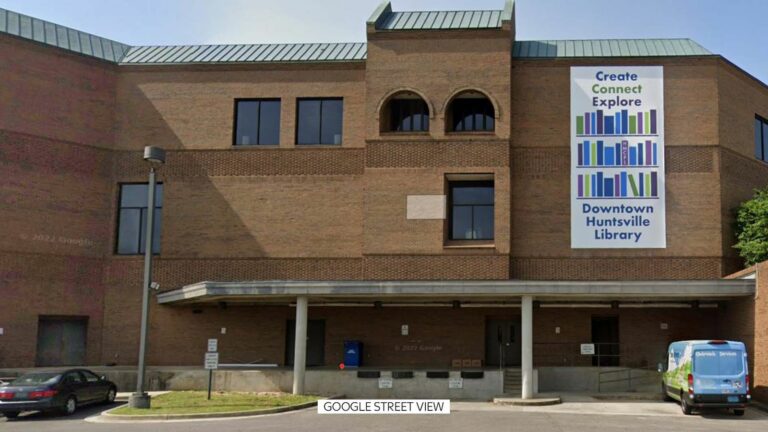Children’s Book Mistakenly Labeled as “Sexually Explicit” Due to Author’s Last Name
In an eyebrow-raising mix-up, the innocent children’s book “Read Me A Story, Stella” found itself listed among potentially “sexually explicit” reads at a group of libraries. The curious twist? It was all because of the author’s last name – Gay.
The book, authored by acclaimed Canadian writer Marie-Louise Gay, is a charming picture book chronicling the delightful adventures of a brother and sister reading stories together and constructing a doghouse.
Despite its entirely harmless narrative, this book was placed on a list of “sexually explicit” titles by the Huntsville-Madison County Public Library (HCPL) in Alabama, USA. The library contemplated relocating it from the children’s section but promptly corrected the error before it was pulled from the shelves.
This incident is part of a growing trend in the United States, as reported by campaigners. In 2022, the American Library Association (ALA) documented a record 1,269 requests to censor library materials, marking the highest number of attempted book bans in over two decades.
Of these “challenges,” 48% occurred in public libraries, and 41% took place in school libraries. The reasons for these challenges often revolve around protecting individuals, especially children, from challenging ideas and content that is perceived as “sexually explicit,” “offensive,” or “unsuitable for any age group.”
In some extreme cases, even well-known texts like The Bible have faced bans. However, the practice of book censorship remains a subject of contention. The ALA opposes censorship, documenting these challenges to promote awareness and ensure that information remains accessible to all.
HCPL’s executive director, Cindy Hewitt, explained that “Read Me A Story, Stella” erroneously landed on a list of 233 restricted titles due to the keyword “gay.” She emphasized that the library would not remove the book for any reason, noting that they wished to empower their staff to make decisions about shifting materials to an older age group rather than relying on external directives, referring to it as a “miscommunication problem.”
HCPL’s list faced criticism for allegedly targeting the LGBTQ community, as stated by AL.com. Alyx Kim-Yohn, the circulation manager at the Madison library branch, found the timing of the incident ironic, as it unfolded during Banned Books Week in early October. She lamented that the decision was made unilaterally, without debate or conversation.
Community members from Read Freely Alabama, an organization opposed to book challenges, visited several branches and identified 40 books moved to the adult section across Madison County branches.
Marie-Louise Gay’s publicist, Kirsten Brassard of Groundwood Books, clarified that her client’s book, published in 2013, had never been mistakenly censored before. She commented on the ironic nature of the situation, emphasizing that while it might seem laughable for a picture book to be censored merely due to the author’s last name being “Gay,” it was essential not to lose sight of the seriousness of the matter.
“Banned Books Week” serves as an annual event celebrating the freedom to read while highlighting current and historical attempts to censor books in libraries and schools, as stated by the American Library Association.

